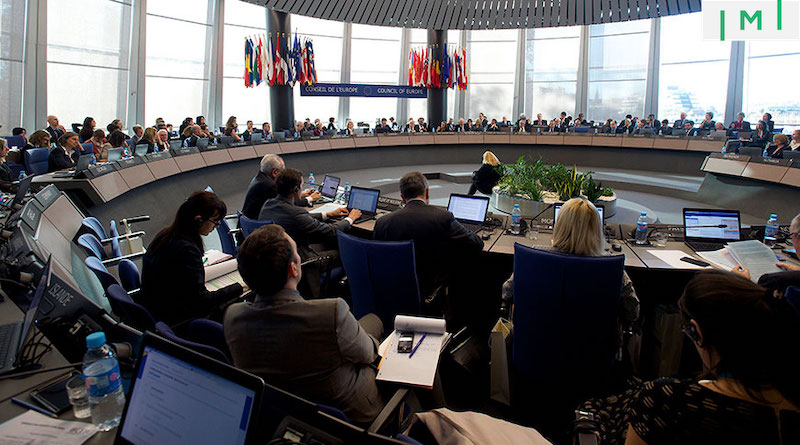EU Council Fully Suspends Vanuatu’s Visa-Waiver Agreement
The Council of the European Union, which this spring instated a partial suspension of visa-free travel to Europe’s Schengen area for Vanuatu citizens whose passports were issued after 2015, yesterday announced in a press release that it would extend the suspension to all ni-Vanuatu passport holders.
The Council reiterated its misgivings about Vanuatu’s CBI programs, and said the country had shown a “lack of progress” and had not acted to adequately “remedy the situation.”
It characterized the programs as having “an extremely low rejection rate,” a claim one local agent maintains is a fallacy stemming from a lack of awareness of Vanuatu’s practice of rejecting applicants before they are formally invited to apply, its “short processing period, and a lack of information exchange with the applicants’ countries of origin or residence.”
It also bemoaned the absence of physical presence requirements – though it did not specify how that might constitute a security threat to the EU – and claimed Vanuatu had granted citizenship to applicants listed in Interpol’s databases.
Yesterday’s decision is perplexing considering that the Council’s ostensible reason for suspending the visa-waiver agreement is the purported concern regarding the security risks the naturalization of CBI investors in Vanuatu might pose to the EU:
BACKGROUND
On January 12th, the European Commission proposes a partial suspension of Vanuatu’s visa-free travel agreement with the EU, citing security “risks posed by Vanuatu’s investor citizenship schemes.”
The decision followed Vanuatu’s announcement in the preceding month that it would open a third CBI program, the “Real Estate Option program”, which was set to have a single master agent.
On March 4th, the European Council adopts the Commission’s proposed partial suspension, affecting ni-Vanuatu citizens whose passports were issued after May 25th, 2015 (when the country’s large-scale CBI operations began in earnest).
On March 31st, Vanuatu establishes a National Task Force to “assess and mitigate” the EU’s concerns about ni-Vanuatu CBI, as well as to “engage in meaningful dialogue” with the EU.
On May 4th, the partial suspension takes effect. The following week, representatives of Vanuatu meet with the Commission, which makes clear that Vanuatu will have until February 3rd, 2023 to reform its programs or see the visa-waiver suspension extended by a further 18 months.
In early June, Switzerland follows the European Council in partially suspending visa-free travel to ni-Vanuatu passport holders. By the end of the first half of 2022, figures from Vanuatu’s Department of Treasury and Finance show that government revenue has been hard-hit by the suspension.
CBI-origin citizens of Vanuatu were already prevented from traveling without a visa to the EU because of the already-instated partial suspension. The Council will now extend the visa suspension also to non-CBI citizens, indicating the intention not so much a means to safeguard the European common travel area but more a mechanism by which to penalize Vanuatu’s authorities for not ending their CBI practice.
It was not immediately clear if the suspension would now be permanent or whether Vanuatu would have the opportunity to lift it should its government be able to mollify the EU’s concerns in the future.


